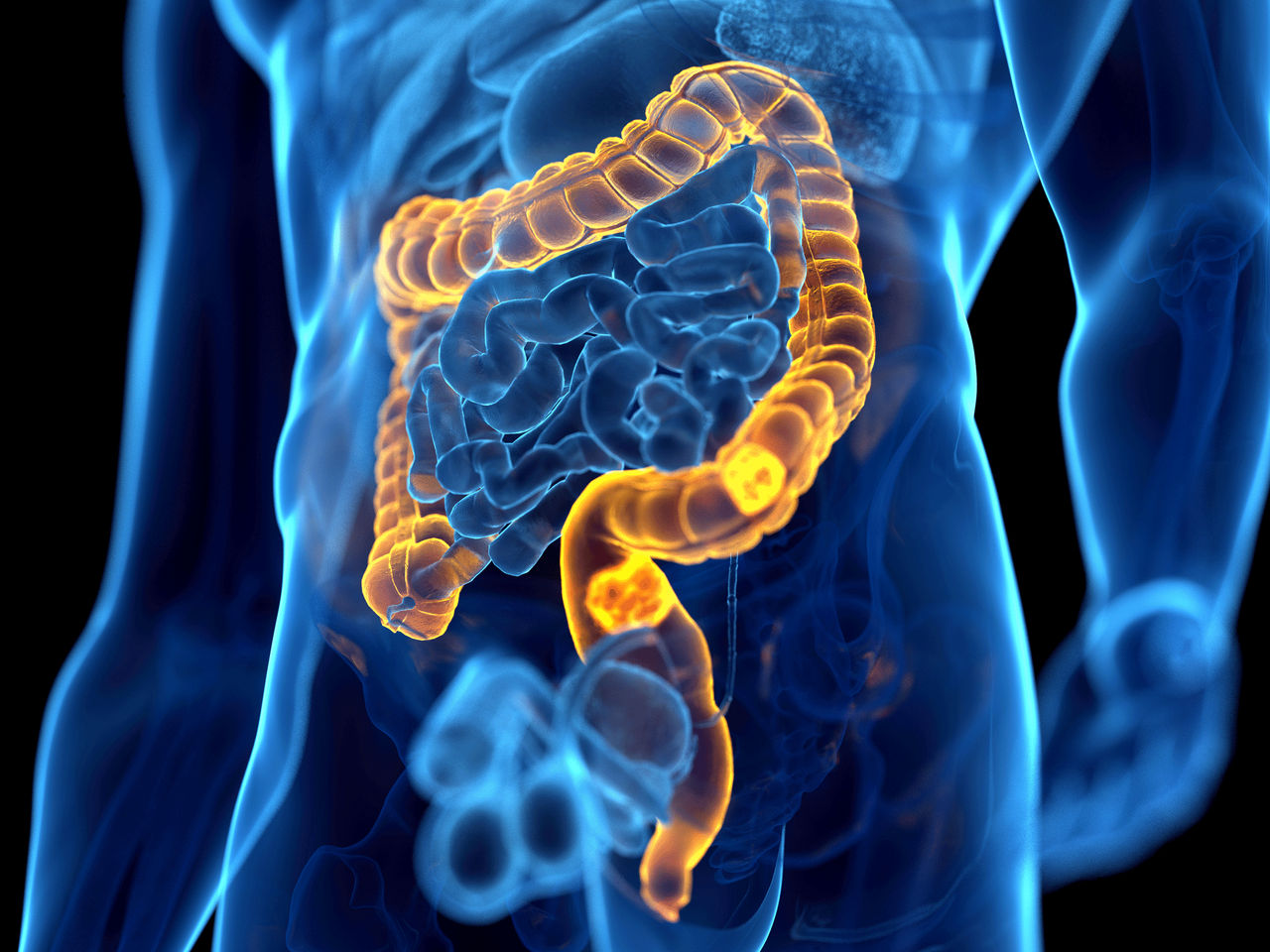Your Chances for Recovery from Colon (Colorectal) Cancer

Your chances of surviving colon or rectal cancer improve when colorectal cancer is discovered at an early stage. That’s a great reason to have regular screening with a colonoscopy.
Colorectal cancer includes cancer of the colon and cancer of the rectum. When cancer is discovered, your doctor will give you a prognosis.
It’s important to keep in mind that a prognosis — a statement about your chances of recovery — means what’s likely or probable, based on statistics drawn from many patients.
No two cases are exactly alike. In other words, no doctor can be certain about what will happen for you. Your prognosis is an estimate, based on extensive experience. There may be surprises and big variations between one patient and the next.
YOU MIGHT ALSO LIKE: Types of Colon Cancer
Your prognosis depends mainly on:
- The type and location of the cancer
- The stage (extent) of the cancer
- Your overall health
- Your treatment decisions
- How well your cancer responds to treatment
Understanding survival rates
A 5-year survival rate indicates how likely a person with cancer at a certain stage is likely to be alive in five years, compared to a person who didn’t have cancer. A 10-year survival rate is calculated the same way.
What are the survival rates for colorectal cancer?
Here are the 5-year survival rates for colon cancer:
- For people whose colon or rectal cancer is found before it has spread to lymph nodes or other organs, the 5-year survival rate is about 90 percent.
- The 5-year survival rate for colon cancer that has reached nearby organs or lymph nodes is about 72 percent, and 74 percent for rectal cancer.
- Once colon cancer has spread to distant organs, the 5-year survival rate is 13 percent, and 17 percent for rectal cancer.
Those numbers are adjusted to account for the fact that some people with colorectal cancer may die from other causes.
Don’t skip colonoscopies
Talk to your doctor about home colon cancer screening. You can mail a sample of feces to a lab using a prescribed kit. If there is blood in your sample, you’ll need to need a full colonoscopy.
Other ways to protect yourself include:
- Dropping extra pounds
- Staying physically active
- Quitting smoking
- Limiting alcohol
- Eating a healthful diet
Updated:
May 15, 2023
Reviewed By:
Janet O'Dell, RN